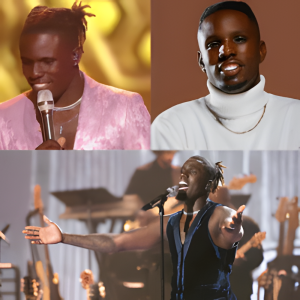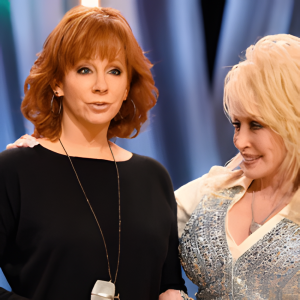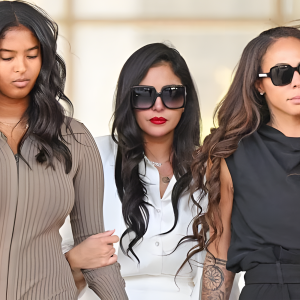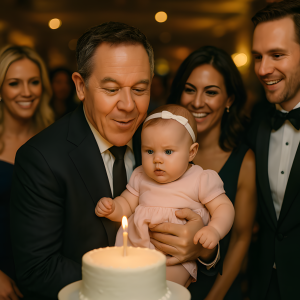Lil Durk will remain in custody after a federal judge denied his latest bail request, citing serious concerns about his conduct while behind bars. The ruling marks another major setback for the rapper as he awaits trial in a high-profile murder-for-hire case.
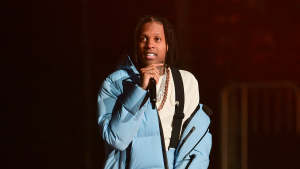
During a court hearing in Los Angeles on Thursday, May 8, U.S. Magistrate Judge Patricia Donahue rejected the rapper’s bond request, referencing allegations that Durk exploited jailhouse phone systems. According to reports, the rapper used the phone accounts of at least 13 other inmates and engaged in unauthorized three-way calls—a violation that appeared to deeply concern the court.
“This behavior shows a disregard for the rules,” Judge Donahue stated. “And that is precisely the court’s concern.”
Durk, who was arrested in October 2024 alongside several affiliates of his Only the Family record label, stands accused of orchestrating the 2022 murder of Saviay’a “Lul Pabb” Robinson—cousin of rapper Quando Rondo. The killing is believed to have been part of a cycle of retaliation following the death of King Von in 2020. This is the second time Durk’s bail has been denied, with an earlier attempt blocked in December.
At the hearing, defense attorney Drew Findling pointed to changes in the prosecution’s approach, noting that a superseding indictment had removed references to Durk’s lyrics. Findling argued this suggests the government no longer views them as credible evidence. Prosecutors, however, maintained their position, stating, “The defendant did, in fact, commercialize his violence.”
The use of rap lyrics as legal evidence remains controversial, with critics—including Durk’s family—arguing that artists are being unfairly targeted for creative expression.
Further complicating matters, Durk was recently hit with an additional stalking charge, intensifying legal pressures ahead of his October trial.
As the legal proceedings move forward, the case raises broader questions: is this simply an instance of poor judgment behind bars—or does it point to a deeper pattern that could shape the outcome of the trial?
